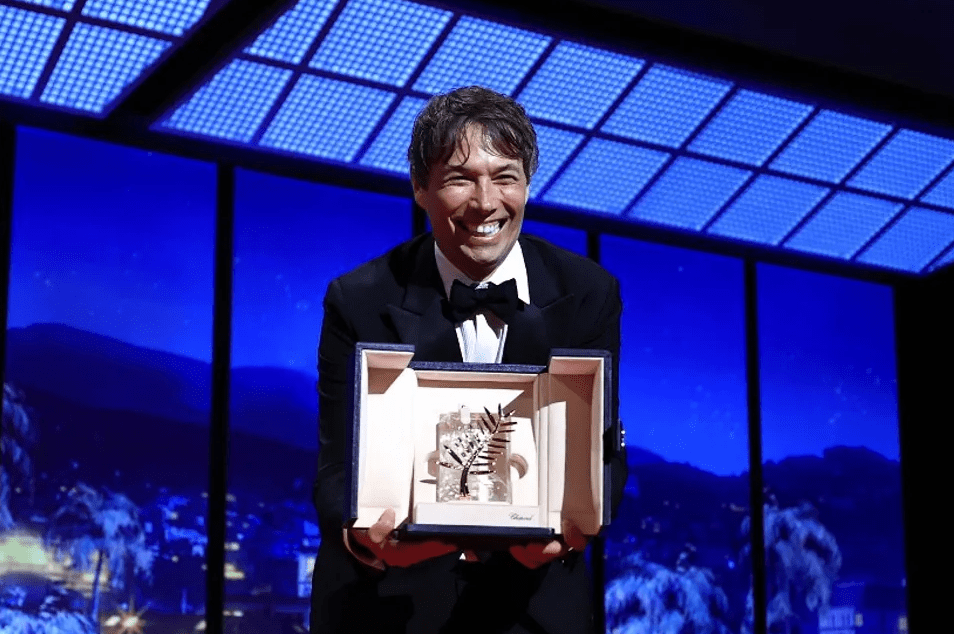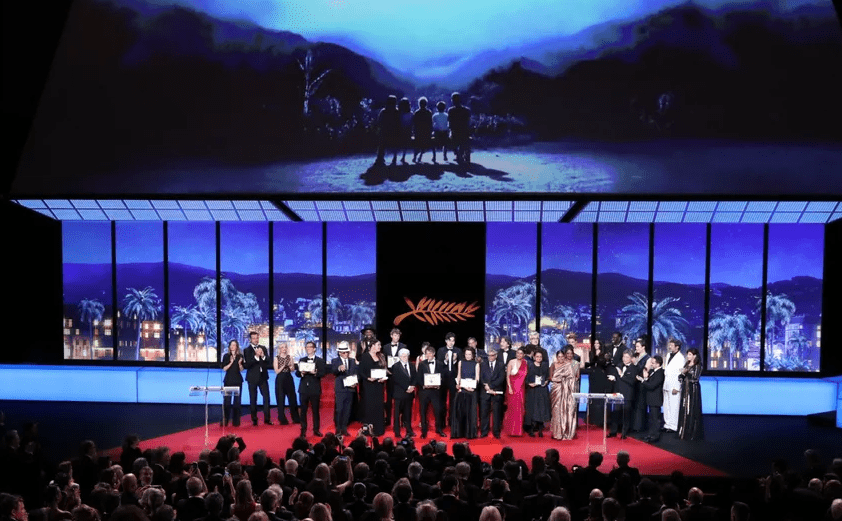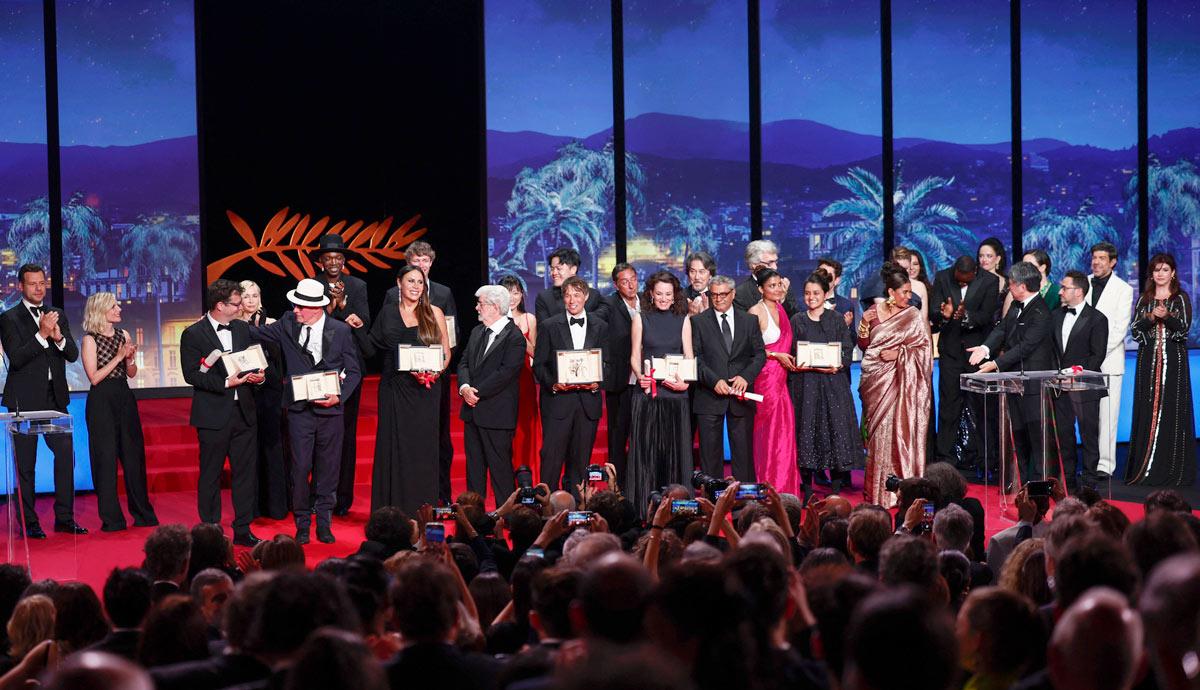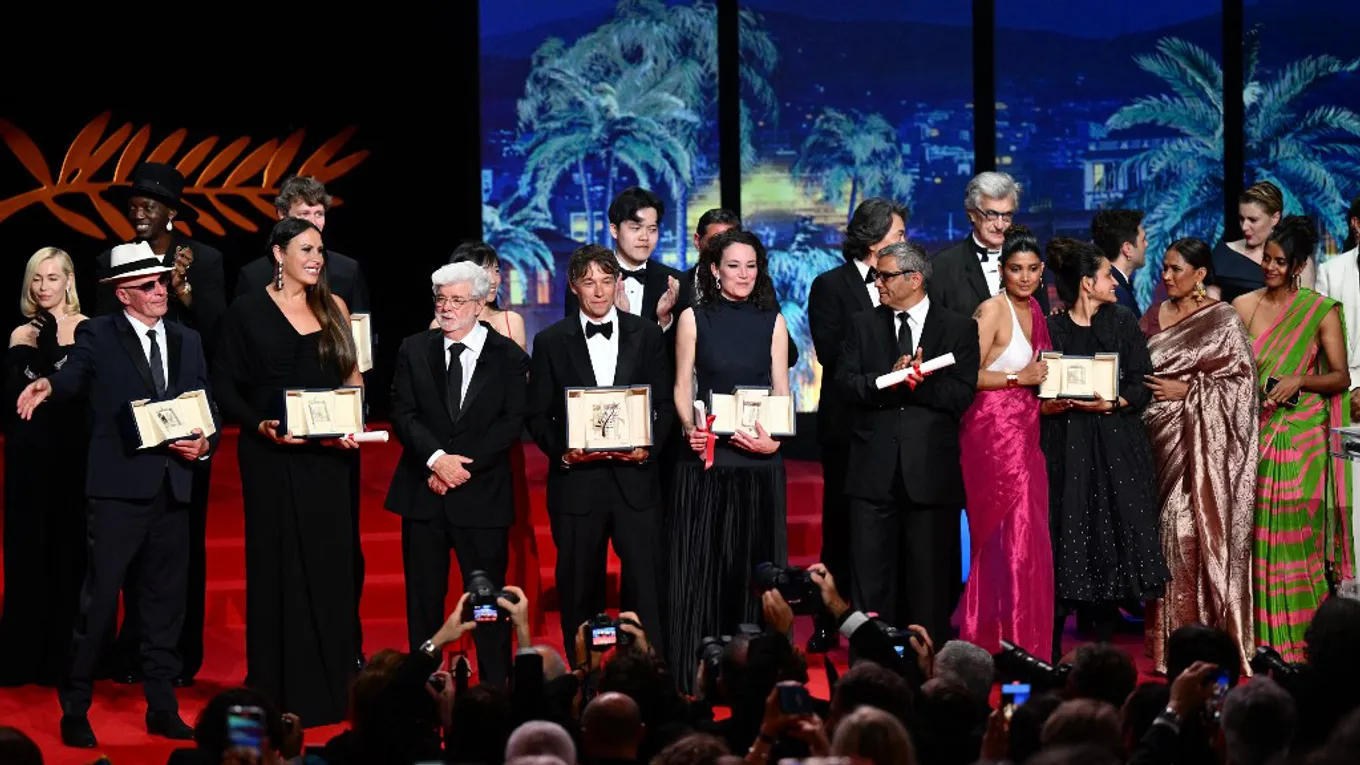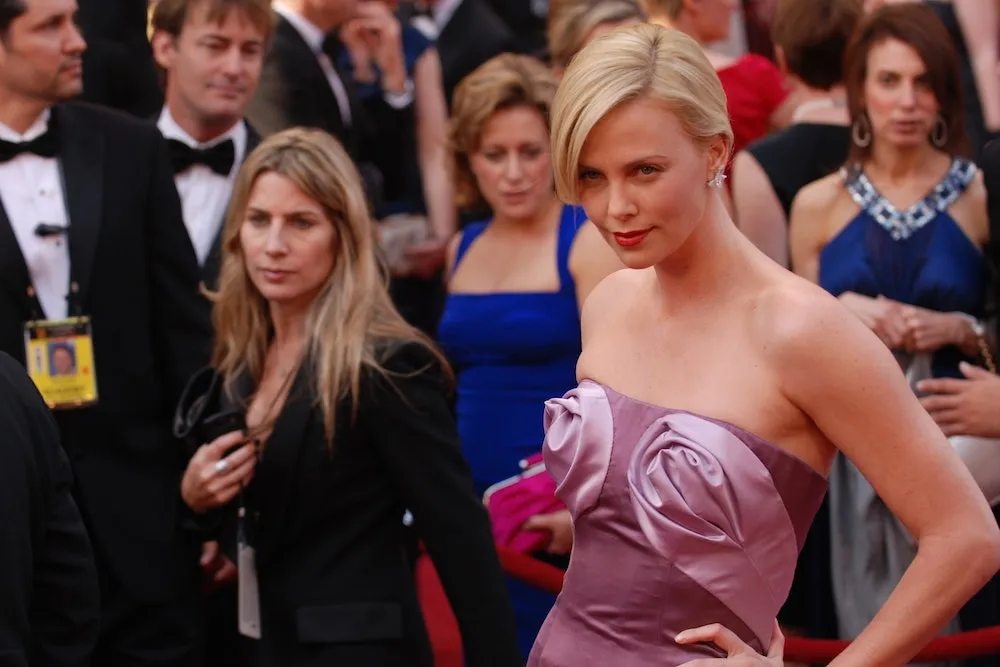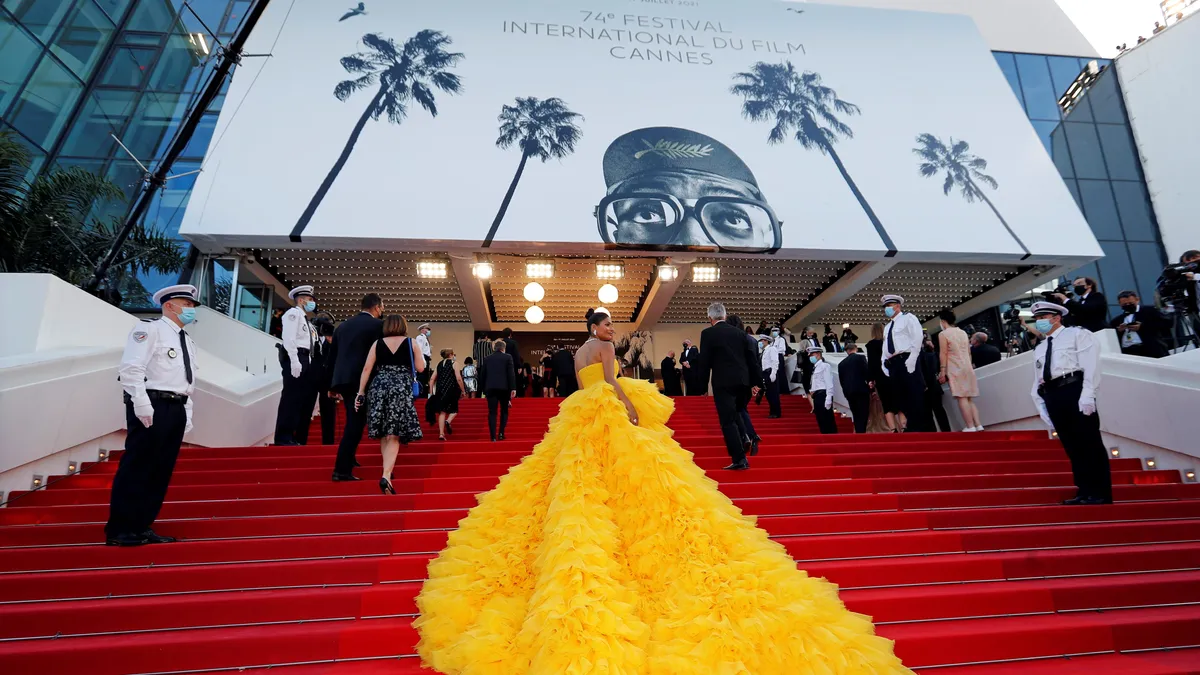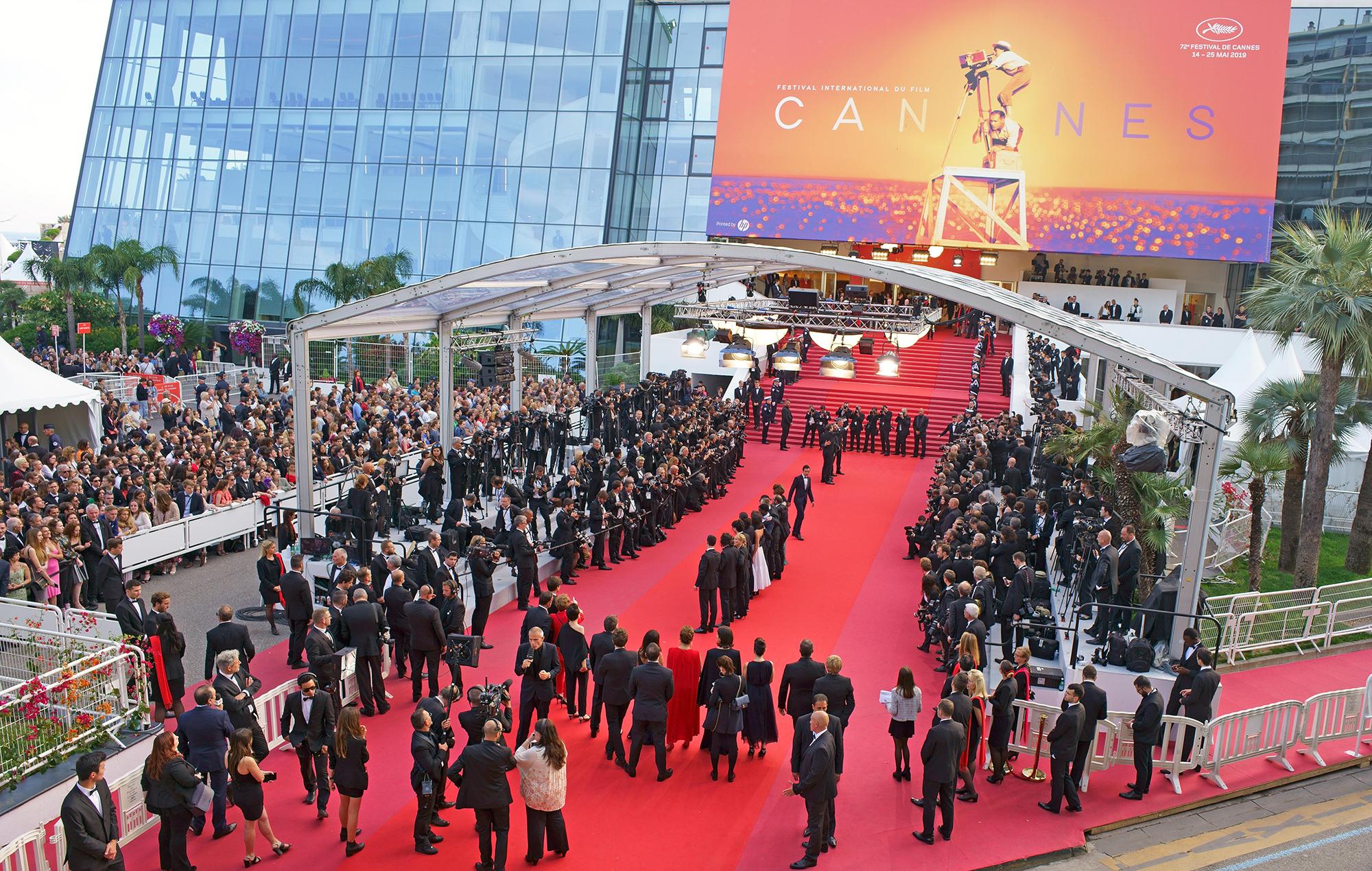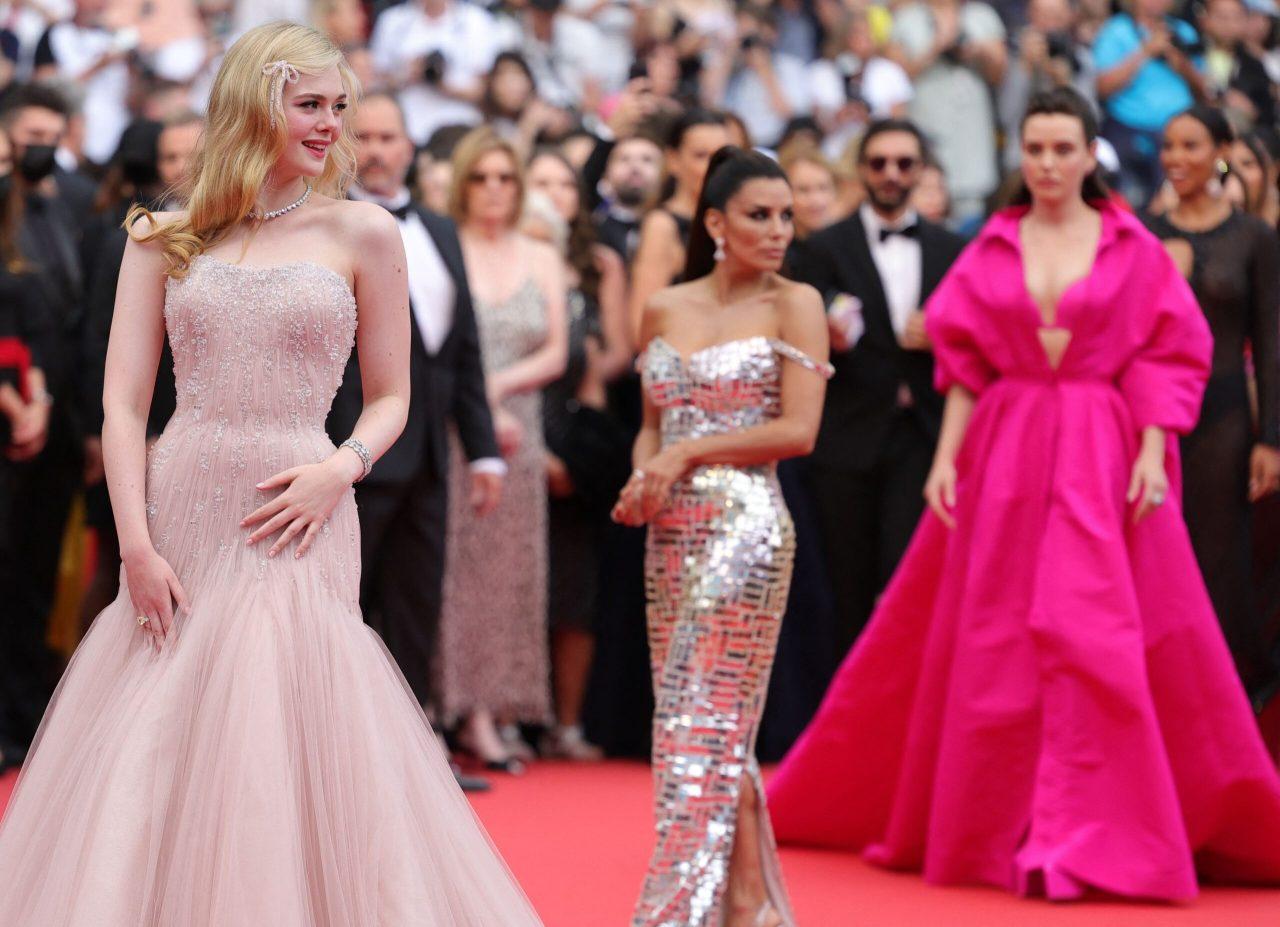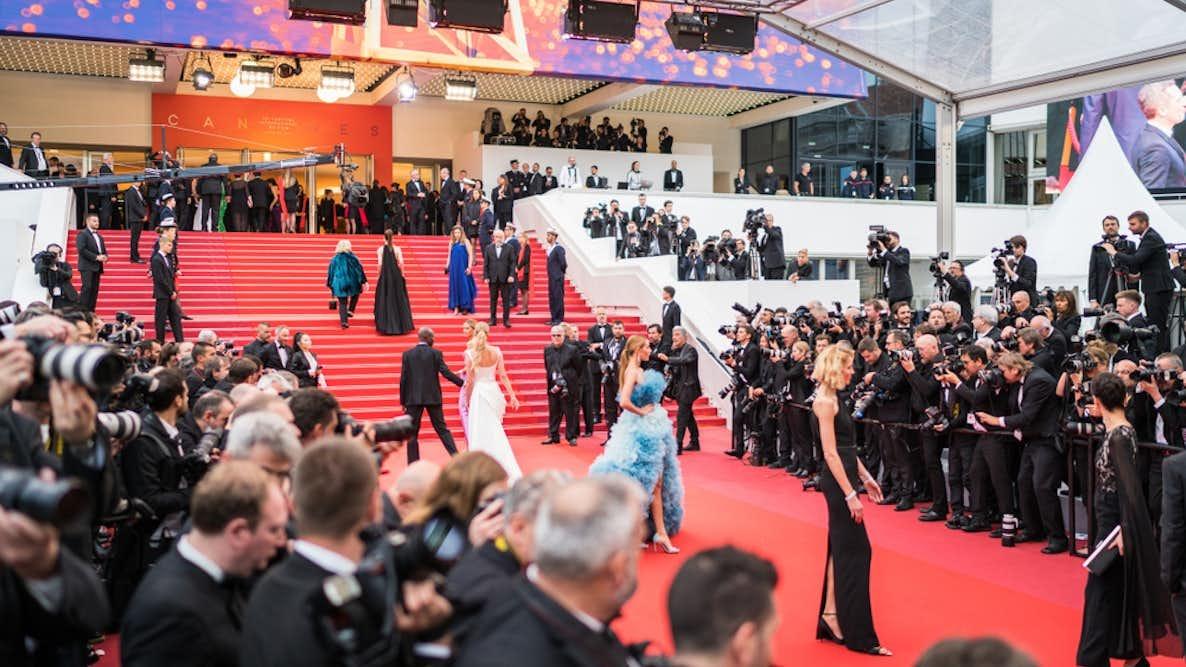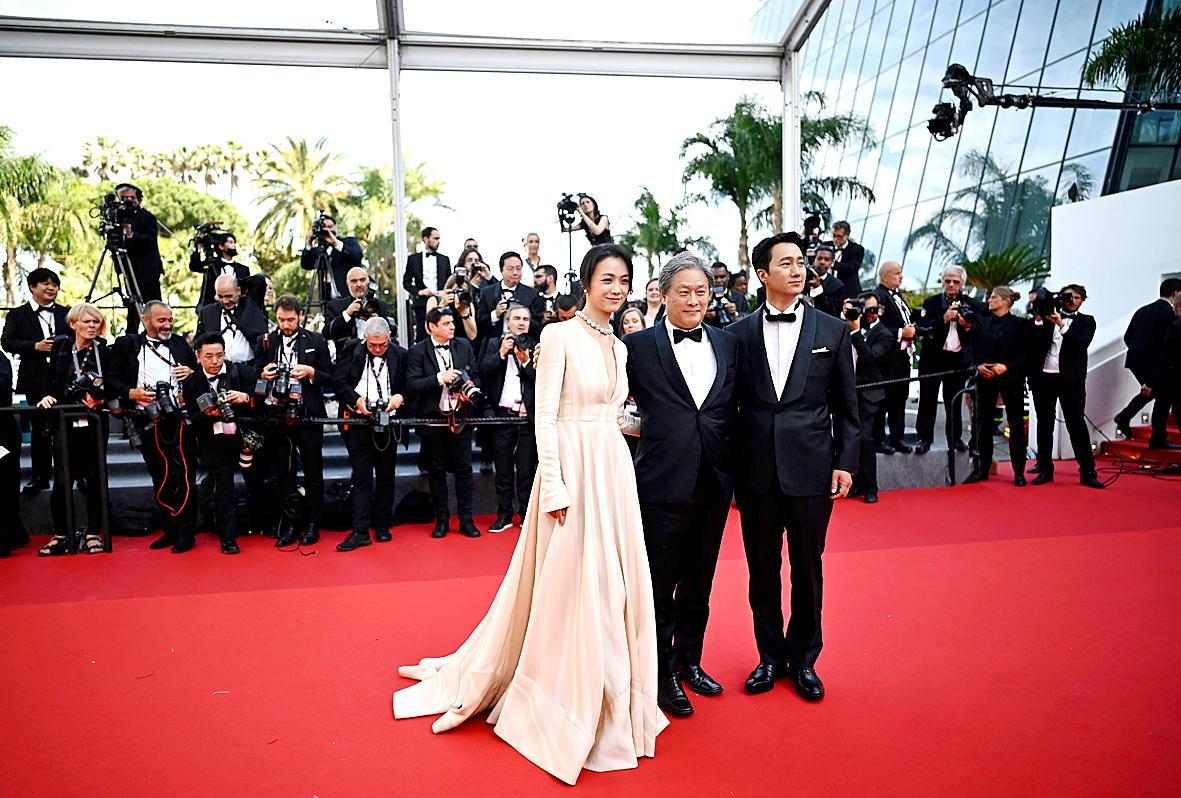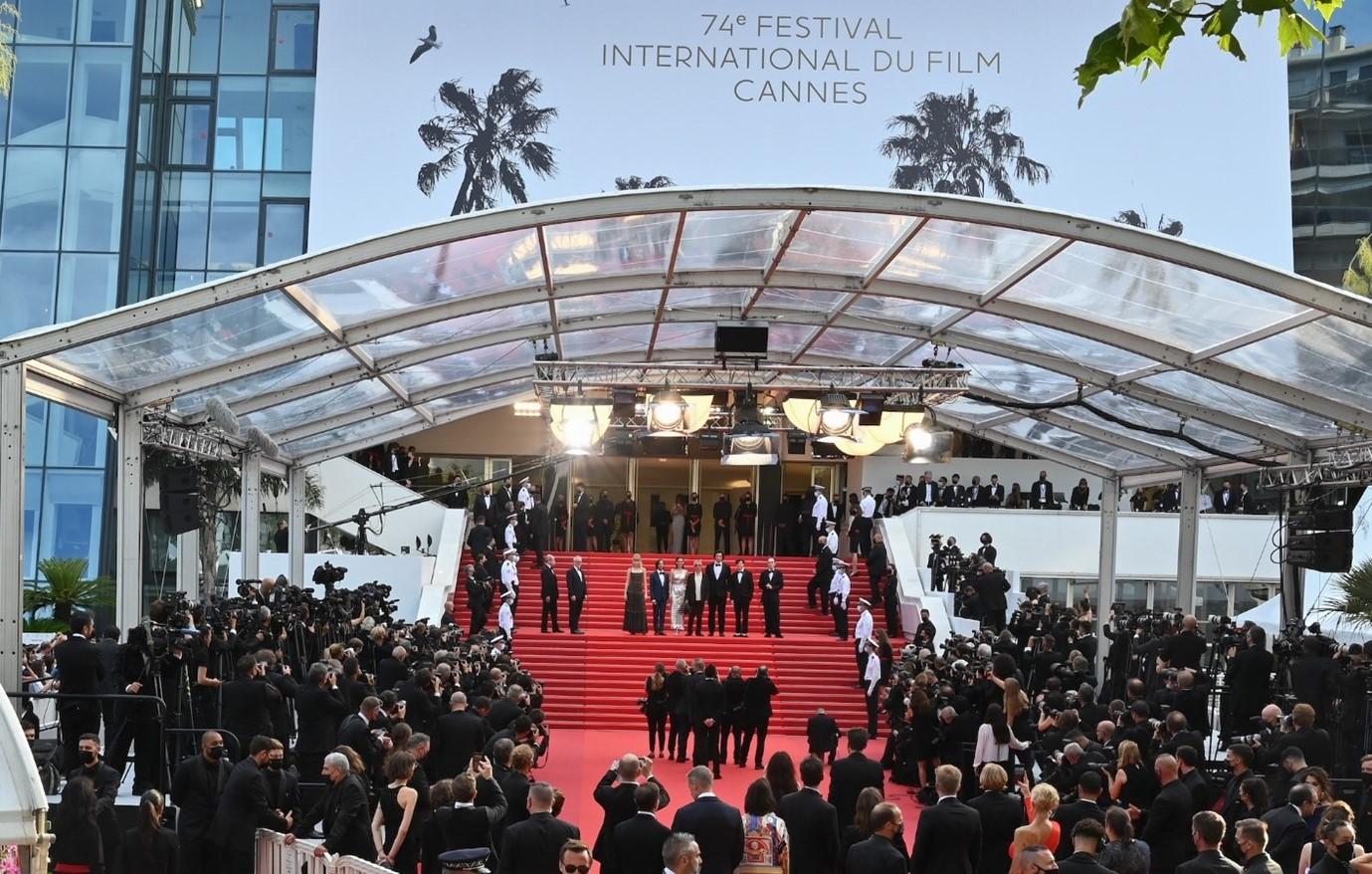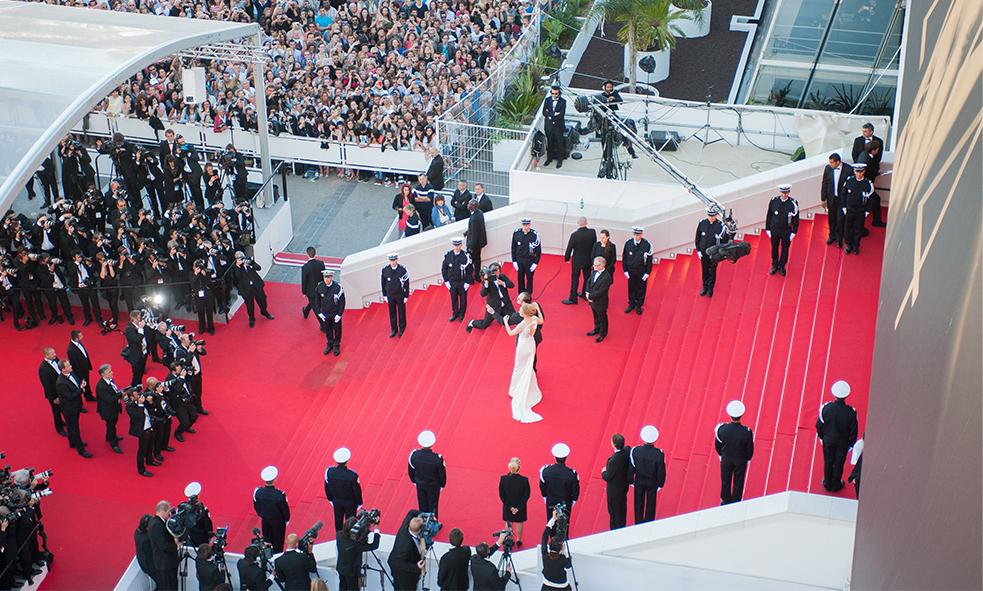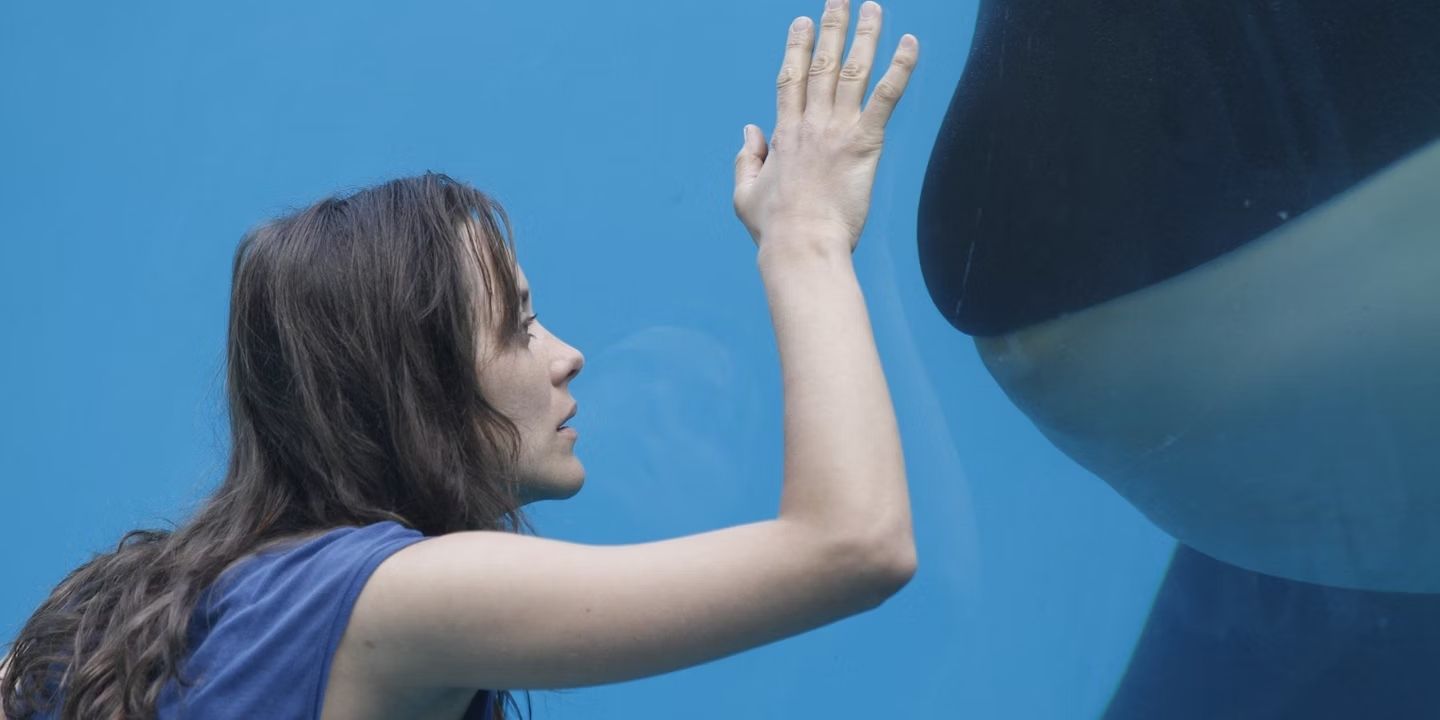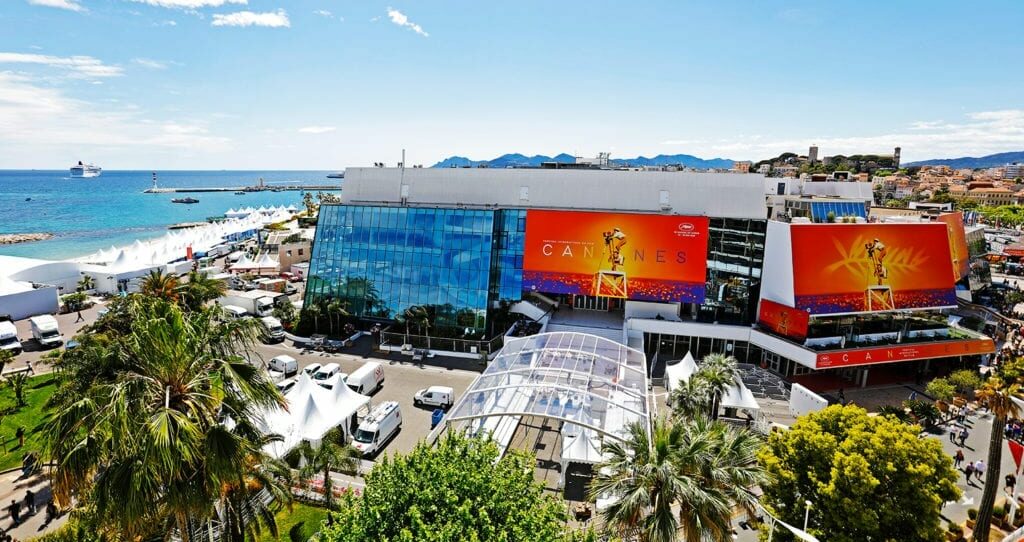
film festival
05/12/2026 to 05/23/2026
- Official Website
Send Message
Send Message to Cannes Film Festival
- Thank You!Your message has been sent to Cannes Film Festival.
film festival
- Share
Cannes Film Festival
5, rue Charlot 75003 Paris,
- General
- International
- Academy Award Qualify
- Top 25
The Cannes Film Festival (/kæn/; French: Festival de Cannes), until 2003 called the International Film Festival (Festival international du film), is an annual film festival held in Cannes, France, which previews new films of all genres, including documentaries, from all around the world. Founded in 1946, the invitation-only festival is held annually (usually in May) at the Palais des Festivals et des Congrès. The festival was formally accredited by the FIAPF in 1951.
In 2022, Iris Knobloch was elected the first woman president of the festival, succeeding the co-founder and former head of French pay-TV operator Canal+, Pierre Lescure, who had served since 2014.
Cannes is one of the “Big Three” major European film festivals, alongside Venice and Berlin, as well as one of the “Big Five” major international film festivals, alongside Venice, Berlin, Toronto and Sundance.
Each year, during the 12 days of the event, more than 35,000 professionals and festival-goers climb the 24 steps of the “Palais” under the gaze of millions of cinema lovers.
The Festival de Cannes is now the world’s most prestigious film gathering, as well as its most widely publicised cultural event. Today a major forum for film-producing countries, its history, selections and prizes are usually thought to date back to 1946 – the year of the first festival proper. However, the first seeds of the event were actually sown eight years earlier.
VYING WITH THE MOSTRA TO COUNTER THE FASCIST THREAT
In July 1938, the Venice Mostra, the first international competition dedicated to the film world, saw the major pre-war film-producing countries gather together for the sixth time. France was represented with a series of films, and on the jury by the diplomat Philippe Erlanger.
On the day of the Awards ceremony, the jury was unanimous. An American film had captured their hearts, but under pressure from Hitler the Nazi propaganda film Olympia by Leni Riefenstahl and the Italian film Luciano Serra, Pilot by Goffredo Alessandrini reaped the ultimate accolade, named the Mussolini Cup. The decision provoked outrage among the members representing democratic countries and France, the United States and Great Britain left the Mostra, vowing not to return.
During his train journey back to France, Philippe Erlanger, thought of setting up an event to replace the Mostra and offer the world a festival that was free of pressure and constraints. On his return, he contacted the authorities. There was no time to waste – a rival French festival was required before the next Venice competition came around.
From September 1938 to May 1939, the initiative became a genuine State affair. Georges Bonnet, the Foreign Minister, was afraid of poisoning Franco-Italian relations, but the Education Minister Jean Zay, and Minister of the Interior Albert Sarraut, supported the idea of a film festival for Europe in which art would no longer be influenced by political manoeuvring. In June 1939, the creation of a film festival in France was announced in the media, supported by various film-producing countries, led by the United States, and scheduled to open on 1st September – the same day as the Mostra, which left only a few months to prepare the entire event.
Cannes: Caught between Venice and Hollywood
France clearly had to create a setting as prestigious as Venice for its rival festival. Out of a list of ten French towns, the choice initially fell on Biarritz on 9 May 1939. But the supporters of Cannes around Georges Prade, a municipal councillor from Paris, and the directors of the Cannes hotels, mobilised and finally ended up winning the event. And so, on 31 May 1939, the town of Cannes and the government signalled the official birth of the International Film Festival, a mere three months before the event’s inauguration date. The ‘Pearl of the Riviera’, a jewel on a coastline often compared with California, began to dream of Hollywood.



